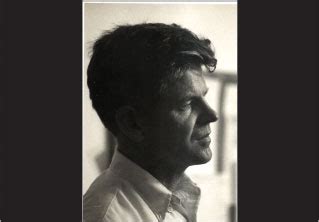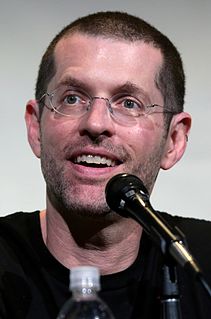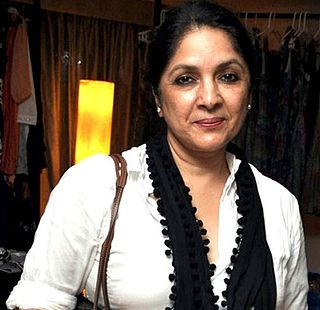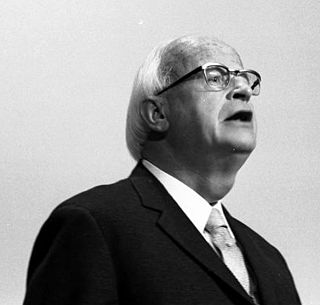A Quote by Robert Staughton Lynd
Cut quarrels out of literature, and you will have very little history or drama or fiction or epic poetry left.
Related Quotes
'Confederate,' in all of our minds, will be an alternative-history show. It's a science-fiction show. One of the strengths of science fiction is that it can show us how this history is still with us in a way no strictly realistic drama ever could, whether it were a historical drama or a contemporary drama.
History presents the pleasantest features of poetry and fiction,--the majesty of the epic, the moving accidents of the drama, the surprises and moral of the romance. Wallace is a ruder Hector; Robinson Crusoe is not stranger that Croesus; the Knights of Ashby never burnish the page of Scott with richer lights of lance and armor than the Carthaginians, winding down the Alps, cast upon Livy.
Science fiction is the most important literature in the history of the world, because it's the history of ideas, the history of our civilization birthing itself. ...Science fiction is central to everything we've ever done, and people who make fun of science fiction writers don't know what they're talking about.
When I devoted myself to poetry - and poetry is a very serious medium - I don't think the people that knew me as an individual with that tongue-in-cheek kind of humor...well, it didn't always lend itself to my poetry. When you're writing poetry, it's like working with gold, you can't waste anything. You have to be very economical with each word you're going to select. But when you're writing fiction, you can just go on and on; you can be more playful. My editor's main task is to cut back, not ask for more.
Now, tell me how you're going to teach the history of Jefferson, and cut out all those quotes and cut out all these facts, and cut out the key line of the Declaration of Independence: We are endowed by our Creator. I mean you have to have a conscious deliberate censorship of America, which is what the left and the courts and the classrooms has had for 40 years.
In high school, in 1956, at the age of sixteen, we were not taught "creative writing." We were taught literature and grammar. So no one ever told me I couldn't write both prose and poetry, and I started out writing all the things I still write: poetry, prose fiction - which took me longer to get published - and non-fiction prose.
I'm struggling with what is epic. People decided I was epic - if by epic, do you mean a big, heavy book? 'David Copperfield' is a big book - is it epic? Amount of time covered, length, drama, or story - that's the real appeal - if the story is long you have a better chance of becoming more connected.
This is going to sound nuts but it took me forever to figure out why I'd stopped writing poetry - I mean, I went about a decade where I wrote very little poetry and I thought it was because I was doing a weekly blog. And then when we moved, I reconfigured my writing desk. The previous one had had very little space to write by hand. And suddenly, the poetry was gushing!
There is something essential and necessary about the immediacy and democracy of poetry. If you look at the history of literature, poetry is the one enduring genre from Homer to Ashbery - no other literary form has lasted as long. The novel is only two or three hundred years old... And yes, it's mainstream if we look back, we often turn to poetry to encapsulate what was going on in a particular moment because it crystalizes the experience in a very condensed and meaningful way.






































